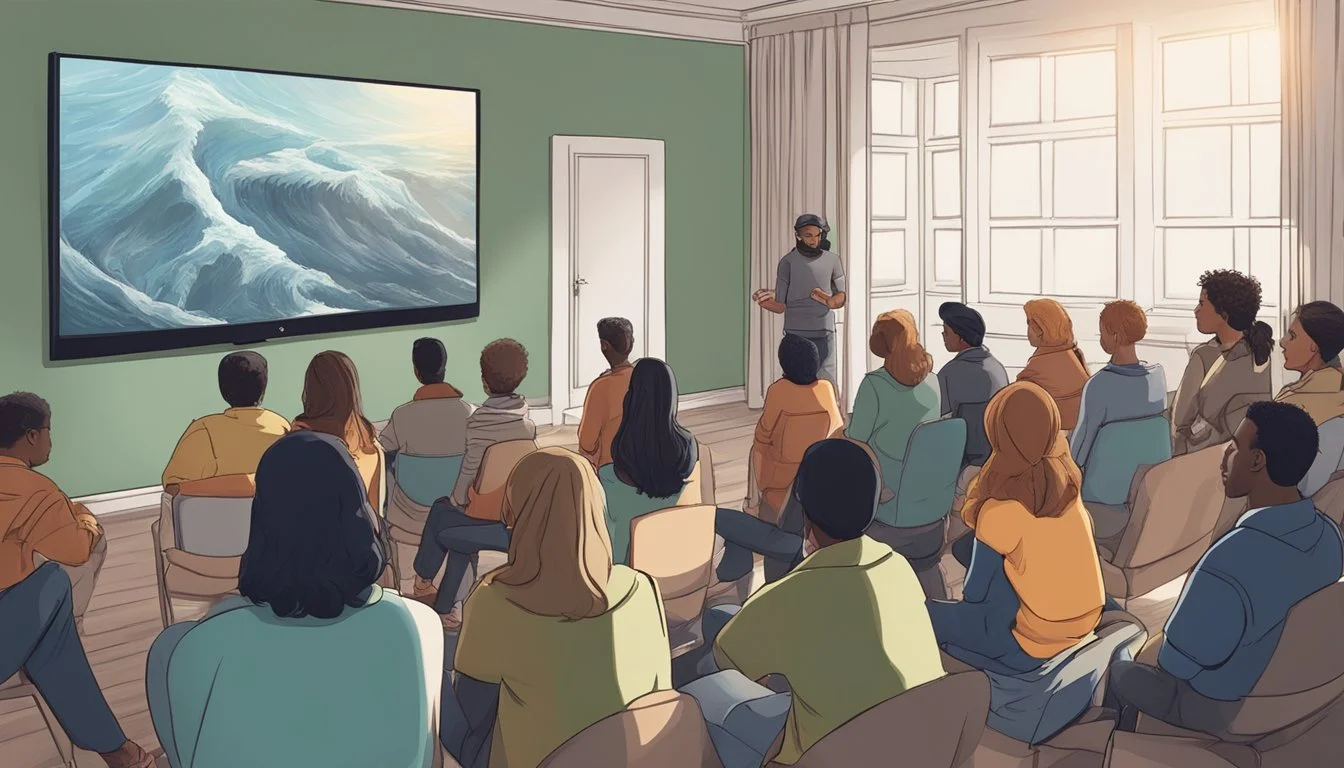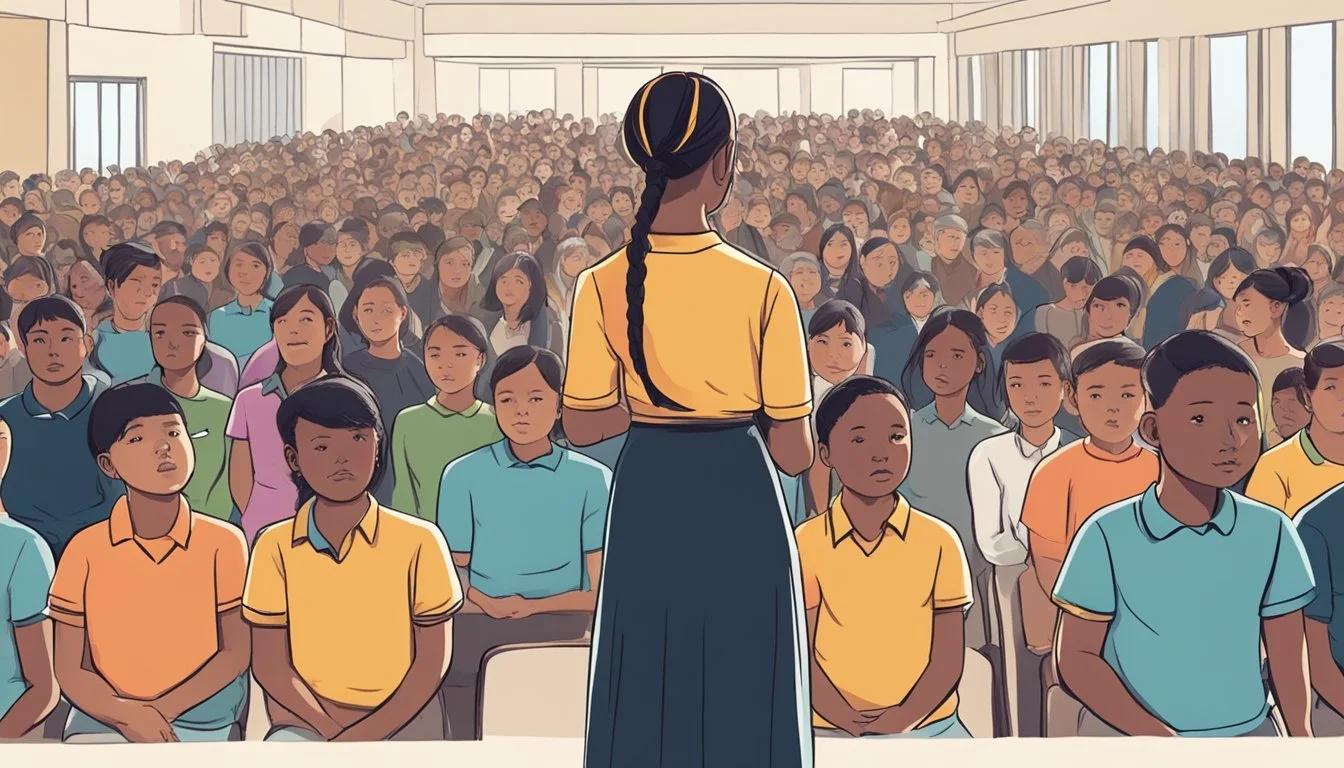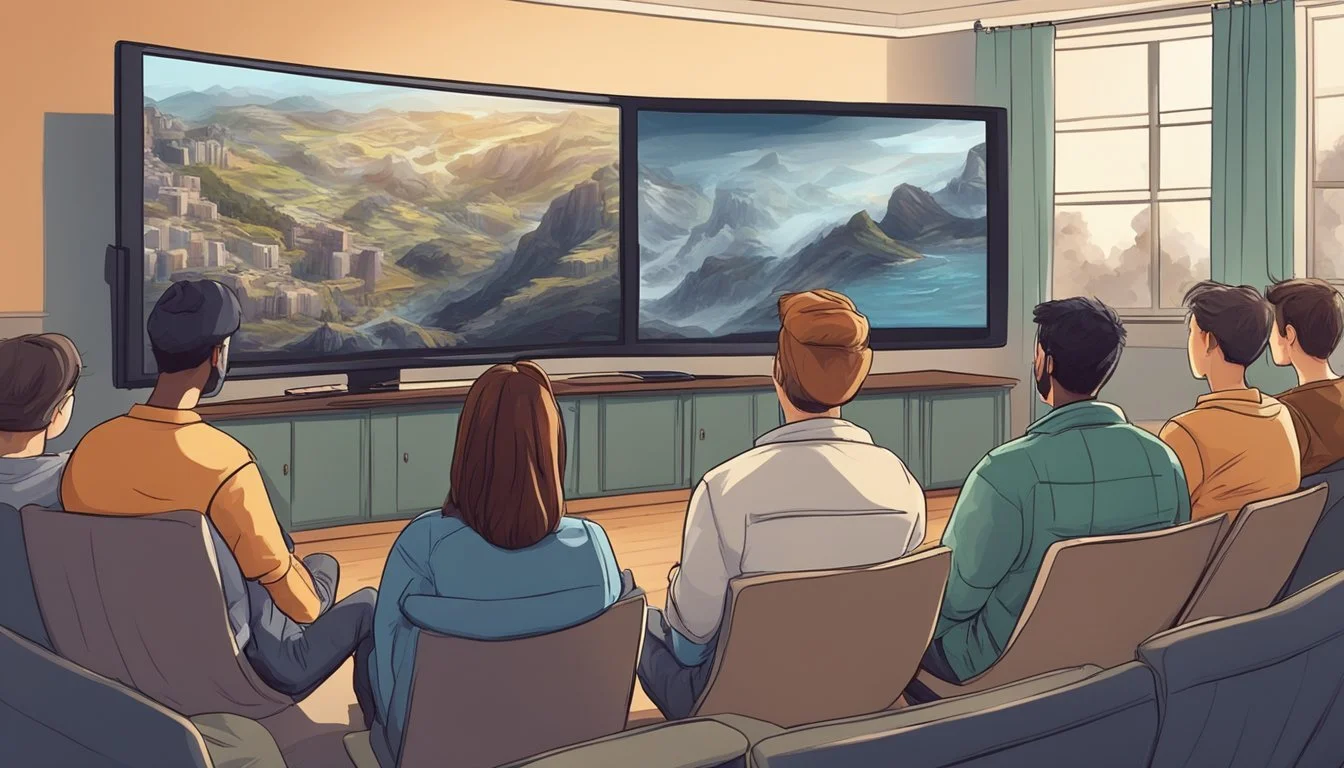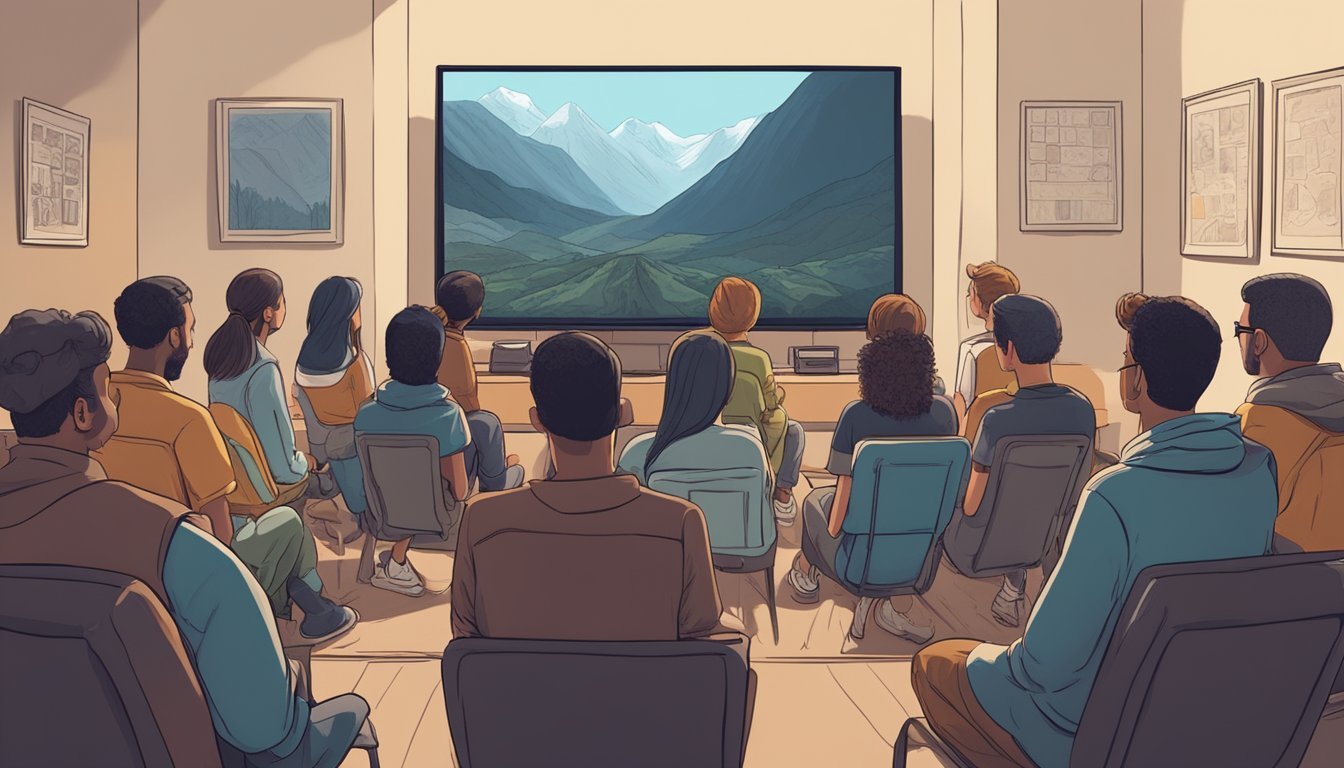3 Powerful Documentaries for Youth Group Leaders
Inspiring Change in Young Minds
Documentaries have the power to inspire, educate, and spark meaningful conversations among youth. For youth group leaders seeking to engage their members on important social issues, carefully selected films can be invaluable tools. These documentaries can provide young people with new perspectives, challenge their assumptions, and motivate them to take action in their communities.
By exploring topics like student activism, climate change, and social justice movements, documentaries can help youth connect with global issues on a personal level. They offer real-world examples of young people making a difference, which can empower youth group members to become more engaged citizens. When paired with thoughtful discussions and activities, these films can serve as catalysts for positive change within youth groups and beyond.
1) '13th' by Ava DuVernay (2016)
'13th' is a groundbreaking documentary that explores the connection between slavery and mass incarceration in the United States. Directed by Ava DuVernay, the film takes its name from the 13th Amendment to the U.S. Constitution.
The documentary examines how the amendment's loophole, allowing slavery as punishment for crime, has been exploited over time. It presents a compelling argument about the systemic racism embedded in the American criminal justice system.
DuVernay uses a mix of archival footage, interviews with experts, and statistical data to illustrate her points. The film covers a wide range of topics, from the post-Civil War era to the modern-day prison-industrial complex.
'13th' is particularly relevant for youth group leaders seeking to educate young people about racial inequality and social justice issues. It provides a historical context for current debates around policing and incarceration.
The documentary's powerful narrative and visual style make complex issues accessible to viewers. It challenges audience perceptions and encourages critical thinking about race relations in America.
More information about '13th' on IMDB
2) 'Won't You Be My Neighbor?' by Morgan Neville (2018)
'Won't You Be My Neighbor?' is a compelling documentary that explores the life and legacy of Fred Rogers, known to millions as Mister Rogers. Directed by Academy Award-winning filmmaker Morgan Neville, this film offers an intimate look at the beloved children's television host.
The documentary delves into Rogers' mission to spread kindness and compassion through his long-running show, "Mister Rogers' Neighborhood." It showcases his innovative approach to addressing complex topics with young viewers, including death, divorce, and racism.
Neville's film features archival footage and interviews with Rogers' family, friends, and colleagues. These personal accounts provide insight into the man behind the cardigan, revealing his dedication to understanding and nurturing children's emotional needs.
'Won't You Be My Neighbor?' highlights Rogers' commitment to inclusivity and his belief in the inherent worth of every individual. The documentary serves as a powerful reminder of the impact one person can have through simple acts of kindness and understanding.
For youth group leaders, this film offers valuable lessons on empathy, communication, and the importance of creating safe spaces for children to express themselves.
More information on 'Won't You Be My Neighbor?' (IMDB)
3) 'He Named Me Malala' by Davis Guggenheim (2015)
'He Named Me Malala' offers an inspiring portrait of Malala Yousafzai, the Pakistani activist and youngest Nobel Peace Prize laureate. The documentary follows Malala's journey as she advocates for girls' education worldwide.
Director Davis Guggenheim skillfully weaves together Malala's everyday life with her extraordinary courage. The film showcases her experiences as both a normal teenager and a global icon for change.
The documentary incorporates beautiful animated sequences to illustrate Malala's background and the origin of her name. These segments add depth to her story and provide historical context.
Guggenheim's film captures Malala's resilience following the Taliban's attempt on her life. It demonstrates how this event only strengthened her resolve to fight for education rights.
'He Named Me Malala' serves as a powerful tool for youth group leaders to discuss activism, courage, and the importance of education. The documentary's intimate approach allows viewers to connect with Malala on a personal level.
More information on 'He Named Me Malala'
Understanding the Impact of Documentaries
Documentaries wield significant influence on viewers, especially youth audiences. They serve as powerful tools for shaping perspectives and encouraging critical analysis of complex issues.
Influence on Youth
Documentaries deeply affect young viewers by exposing them to real-world issues and diverse perspectives. These films can spark empathy and inspire action. Many youth-focused documentaries highlight stories of young activists, motivating viewers to get involved in social causes.
Films like "Youth v Gov" showcase the potential of youth-led movements to challenge established systems. This type of content often resonates strongly with teenage audiences, validating their concerns and amplifying their voices.
Documentaries also introduce young people to global issues they may not encounter in their daily lives. This exposure broadens their worldview and fosters a sense of global citizenship.
Promoting Critical Thinking
Documentaries challenge viewers to engage with complex topics and evaluate information critically. They present multiple viewpoints, encouraging audiences to form their own opinions.
By exploring nuanced subjects, these films teach viewers to question sources, consider context, and look beyond surface-level information. This skill is especially valuable for youth navigating an increasingly complex media landscape.
Many documentaries incorporate primary sources, expert interviews, and historical footage. This approach helps viewers understand how to assess different types of evidence and construct well-reasoned arguments.
Group discussions after watching documentaries further enhance critical thinking skills. Youth leaders can guide conversations that explore biases, analyze filmmaking techniques, and evaluate the presentation of facts.
Selecting the Right Documentaries
Choosing appropriate documentaries for youth groups requires careful consideration of content and alignment with group goals. Leaders must balance educational value with age-appropriate material to create meaningful viewing experiences.
Age-Appropriate Content
Youth group leaders should select documentaries suitable for their audience's maturity level. Consider the film's rating, themes, and any potentially sensitive topics. For younger teens, focus on uplifting stories like "Hoop Dreams" that showcase perseverance and goal-setting. Older teens may engage with more complex issues presented in films like "The Legend of the Underground," which explores gender norms and LGBTQ+ rights.
Review documentaries beforehand to identify any challenging content. Prepare discussion points to address difficult topics constructively. Consider the group's background and experiences when choosing films to ensure relevance and avoid unintentional discomfort.
Aligning with Group Objectives
Select documentaries that support the youth group's goals and values. For environmental initiatives, "I Am Greta" offers insights into youth climate activism. If promoting civic engagement, "Youth v Gov" demonstrates young people's power to effect change through legal channels.
Match film topics to planned activities or discussions. Use documentaries as springboards for group projects or community service. Choose films that inspire action and provide practical examples of youth making a difference.
Consider the group's interests and current events to maintain relevance. Documentaries that showcase diverse perspectives can broaden understanding and foster empathy among group members.




